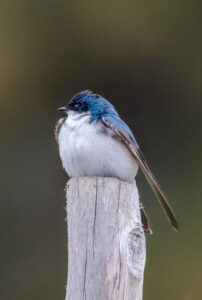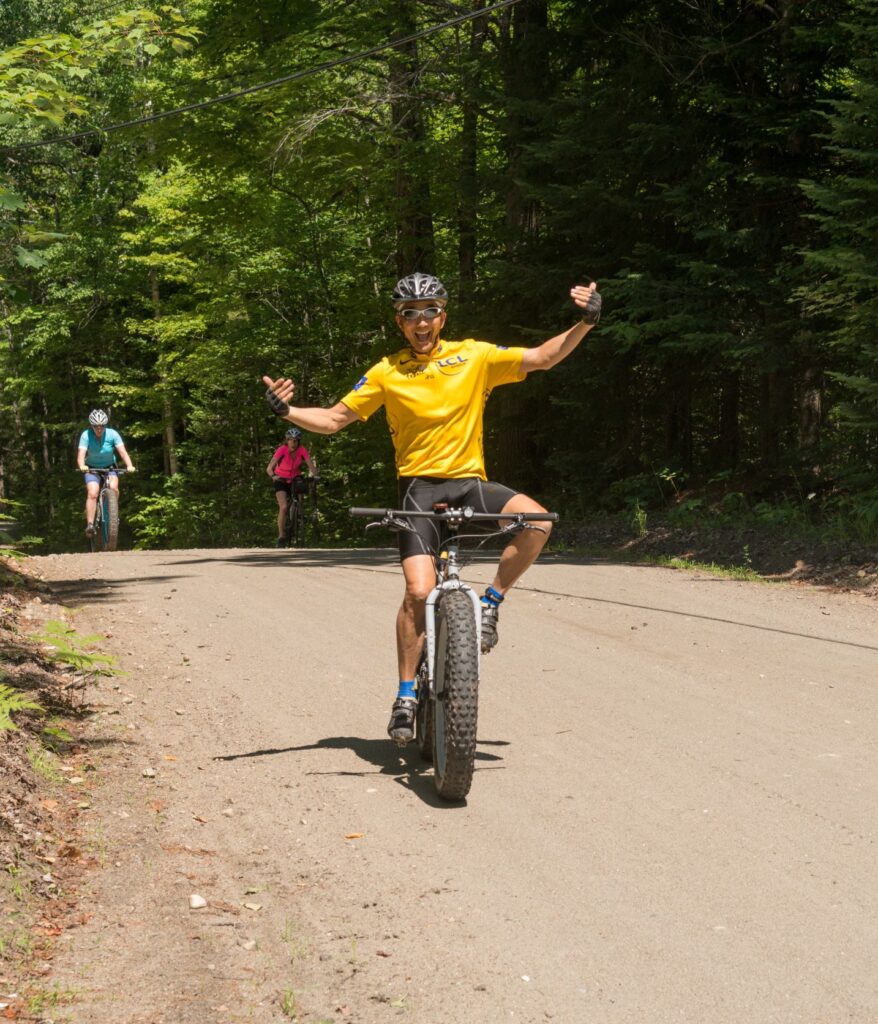What is Responsible Recreation?
What is Responsible Recreation?
August 10, 2022
By Erin Trombley
Think about your favorite outdoor activity. Whatever it is, when you envision yourself doing it, you probably think about having a good time, maybe reaching a goal, going a distance, beating your best time, or just enjoying a chance to relax. And when you prepare to do that activity, it’s likely you think to take safety precautions, such as wearing a personal flotation device (PFD) when paddling, a helmet when cycling, and so on. After all, nothing ruins a good time like a trip to the emergency room.
In addition to encouraging folks to have fun and be safe, when talking about outdoor activities, ADK uses the term “responsible recreation” often. It’s so important, it’s even part of our mission:
“ADK (Adirondack Mountain Club) works to protect New York State wild lands and waters by promoting responsible outdoor recreation and building a statewide constituency of land stewardship advocates.”
If you’re new to outdoor recreation, or otherwise haven’t heard it explained before, when we say, “Recreate responsibly,” or “Make sure you’re responsible,” you might wonder what exactly we mean, or have the feeling that being responsible will take the fun out of your experience. Let’s clear up any misconceptions. We want you to have fun, and we especially want you to be safe. But the third component of successful outdoor recreation is responsibility.
At the heart of responsible recreation is reducing our impact─on people, animals, and the environment─when we recreate, so our natural resources will remain beautiful and accessible for generations. There are many ways to reduce your impact outdoors. A great way is to familiarize yourself with and adopt the 7 Leave No Trace principles.

By being aware of these principles, you can embark on outings with a low-impact mindset. It requires just a little extra mindfulness to see ways to reduce your footprint in the wild; from properly pooping in the backcountry, and staying on durable surfaces above treeline, to not using or playing bird calls that confuse and disrupt wildlife, and using local firewood where fires are permitted.
Implementing the principles does not require you to be perfect. The Leave No Trace principles are simply guides to help you make the next best choice, whatever you’re doing. And here’s a fun and “handy” way to remember the principles!
Other tools that can help you have a fun, safe, and responsible experience, are “etiquette” guidelines for your specific activity. Think of these as the rules of the road or a guide to the culture of the activity. These rules are designed to keep everyone on the same page and prevent mishaps.

Take hiking etiquette for example. It’s really helpful to know who should give the right of way on the trail: hikers and cyclists yield to horses or pack animals, cyclists yield to hikers, and downhill hikers yield to uphill hikers. Slower hikers yield to faster hikers as well. You can find online resources with specific guidelines for almost every outdoor activity, including camping, fishing, boating, cycling, cross-country ski, and snowmobiling.
This may seem like a lot of information but know this: not only do many of the etiquette guidelines overlap with the Leave No Trace principles, but many of these resources refer back to the principles directly. These additional resources just give more detailed, activity-specific information.
ADK is here to provide resources so you can have the best outdoor experience possible. That means we encourage you to have fun, be safe, and be responsible by reducing your impact while recreating. That’s what we call success!
Related
Fall Outing 2026
The 2026 ADK Mountain Club Fall Outing, hosted by the North Woods Chapter, will be […]
ADK Cycle Outing 2026
ADK Cycle Outing will be held June 14–19, 2026 and will again be based at North […]
ADK Trip Planning Sessions
Need help planning your backcountry adventure? Schedule a personal, online session with an ADK staff […]
Benefits of Visitor Use Management
Since the creation of some of the first parks and protected areas in the United […]

